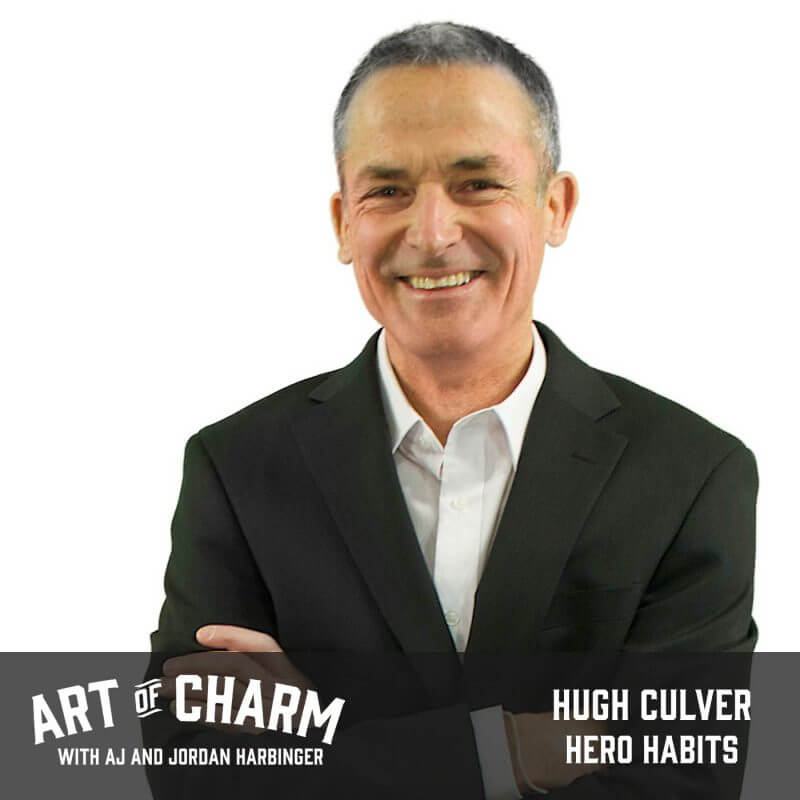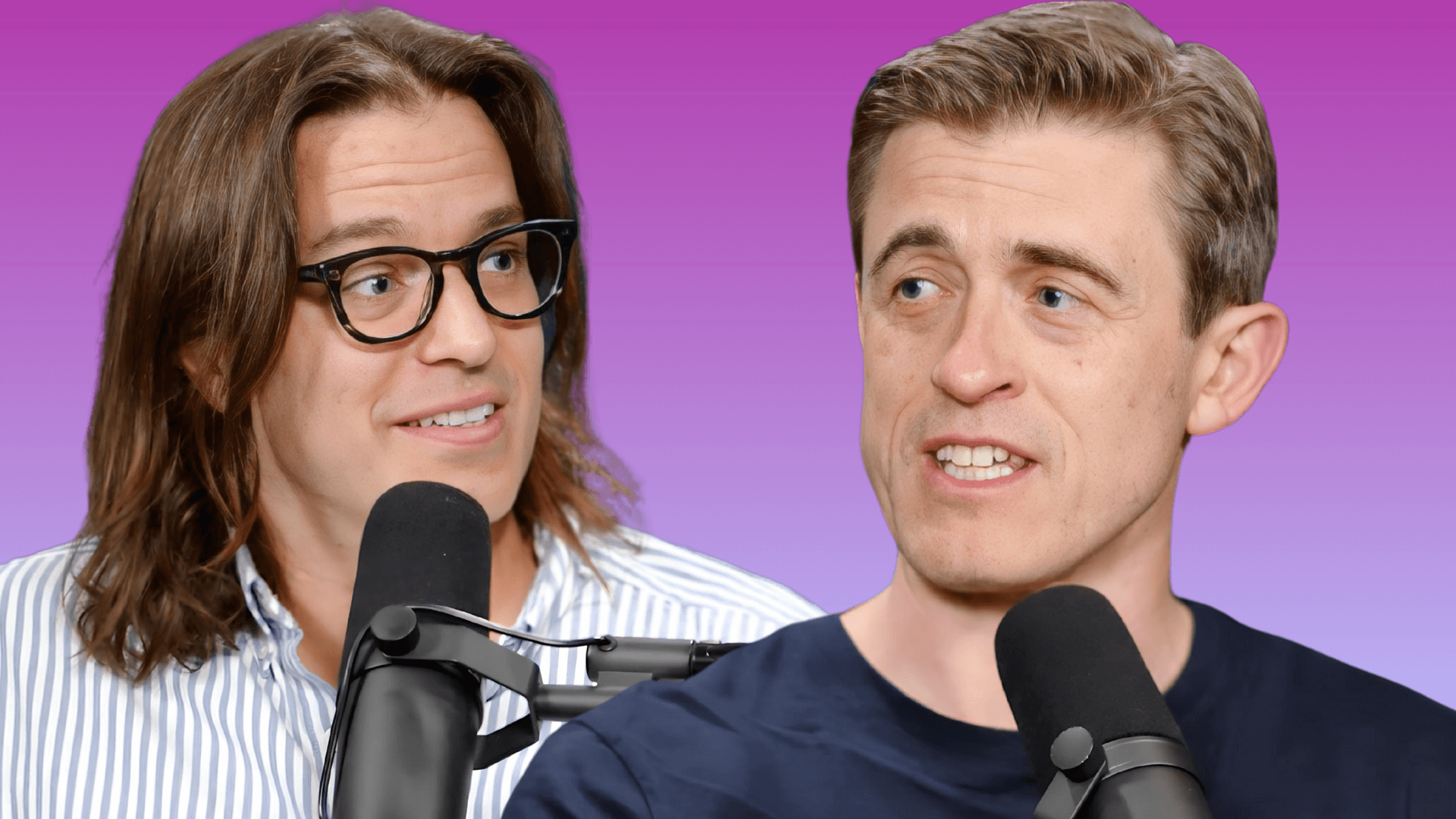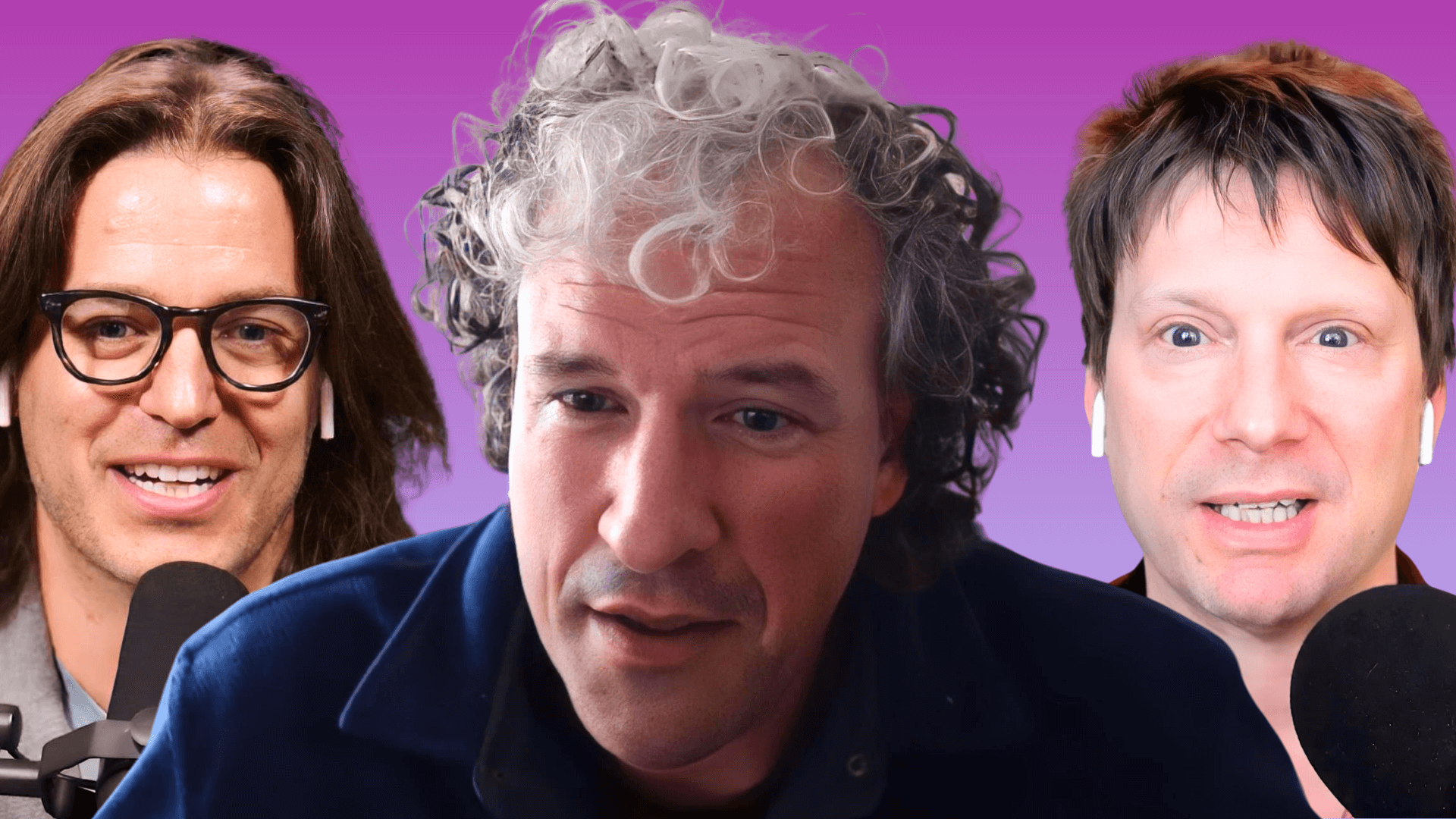Hugh Culver (@HughCulver) teaches us how we can think better, plan smarter, and act now on what really matters by developing Hero Habits.
The Cheat Sheet:
- The first secret of success is to learn failure is temporary.
- Which pain are you more willing to endure: the pain of discipline, or the pain of regret?
- Habits are not created in 21 days — habits are created with rewards.
- Modifying good habits to suit certain situations is better than abandoning them. Example: Hugh has a workout that he does when he’s traveling that’s shorter than his regular workout — but a shorter workout is better than no workout at all.
- Learn how fast switching to curiosity can help you avoid the habit-crushing negativity of self-condemnation by examining the “why?” behind occasional lapses in discipline (and learning from them).
- And so much more…
[aoc-subscribe]
We live in an age of distraction (and excuses) where achieving great things seems extraordinary. But the fact of the matter is that we can all achieve great things just by building small acts of discipline into our lives. On episode 457 of The Art of Charm, Hugh Culver helps us begin doing this by developing what he calls Hero Habits.
Hugh co-created the only private airline in Antarctica, and he’s been a professional guide, ironman, marathon competitor, and university professor. He is also a recovering overachiever who loves sharing better ways to create results that matter — at work and in life. He’s also the author of Give Me a Break: The Art of Making Time Work for You.
More About This Show
Coming from a family of nine kids, Hugh Culver didn’t start out as an overachiever. But with an older brother who introduced him to the great outdoors, he began to explore sustainable business ideas that were supported by fellow outdoor enthusiasts. Running a whitewater rafting company for a while proved successful, but by his early thirties, Hugh felt the need for something more.
So he started an airline. But not just any airline. He started the first (and to date, only) private airline to fly people to Antarctica and its interior to see the sights once available only to the likes of explorational daredevils like Roald Amundsen and Ernest Shackleton. Incidentally, the demand for whitewater rafting at the South Pole is pretty minimal, so this venture went above and beyond an average career pivot by anyone’s measure.
So how does someone not only take such a drastic step into the unknown, but succeed while doing it? If Hugh knew then what he knows now, he’d advise creating daily rituals — Hugh calls them Hero Habits — that set you up for success. But he didn’t arrive at this conclusion until he sold the airline and enrolled in graduate school to take classes in leadership.
The university saw things from a different angle and took his earlier successes as proof that he should be teaching leadership workshops instead of taking them. But it wasn’t a smooth transition at first.
“So there I am in these two-day workshops at a university, not having a clue, like seriously, not a clue how to teach!” Hugh says. “In fact, on my first two-day workshop, I ran out of material by the first break. I had nothing left. I just talked really fast for an hour and a half. And so then I started being invited to speak on the main stage. I was being flown around to come to conferences and I was showing up as a guy that’s supposed to know leadership — because, after all, I’d led this business and we had all these successes and all this sort of international attention. And it took a couple of years for me to start to realize I really didn’t know anything about leadership!”
“And so what I started to do was pretend by just quoting a lot of stuff out of books. And at that time, it would be people like Steven Covey and people like that. And I could get away with it, but what I started to realize was that I was really very inauthentic. I really hadn’t actually developed my own leadership skills, and a big part of what was missing is I had really bad habits. So I would get up on stage and I’d tell people, ‘You know what you should do is, before you show up, you should have a game plan for your day.’ And I didn’t do that! ‘And on your way home, you should turn work off.’ And I never did that!”
What Hugh realized was that it was his own bad habits that needed attention if he was actually going to become any kind of leadership expert. The advice he was giving to others was sound enough, but he’d have to walk the walk if his talk was going to hold any kind of authority.
Hugh began by assessing the things on which he spent money over a two-week period. This meant everything — from gum to gas in his car — was under scrutiny. What he instantly noticed was that he coughed up what would amount to a week’s worth of income per year on his coffee habit — hardly surprising for an overachieving workaholic who would commonly sleep on the floor of his office (when he would sleep at all) during peak times to ensure uninterrupted service to his clientele.
While Hugh liked coffee and relied on it, as many of us do, as a sleep alternative, quantifying the expense in such a way suddenly made it less appealing. He resolved then and there to give it up, which was a difficult — but important — first step to understanding the benefits of discipline and replacing bad habits with good ones.
“Now,” says Hugh, “17 years later, I’m convinced that my wealth, health, and marriage are largely attributed to that single change that I have to decide on every day.”
Practical Exercises for Developing Hero Habits
So how does Hugh recommend that you begin developing your own Hero Habits — especially if you don’t drink coffee (or aren’t willing to give it up)? First, go check out his free guide for AoC listeners here. Second, here’s some advice to take with you and start applying today:
Keep promises. It could be with a significant other, a co-worker, or yourself. And if you fail, practice recovery. The better you become at keeping promises, the better you can make big promises happen.
Practice fast switching to curiosity. The faster and better you get at switching from judgement/assumptions to curiosity, the faster you can make up your own mind.
Notice small wins. If you want to be rich, healthier, happier, etc., you need a reward system. It’s easy to beat yourself up — it’s much better to notice successes.
THANKS, HUGH CULVER!
Resources from this episode:
Hero Habits free guide for AoC listeners
Give Me a Break: The Art of Making Time Work for You by Hugh D. Culver
The Art of Charm bootcamps
You’ll also like:
-The Art of Charm Toolbox
-Best of The Art of Charm Podcast
On your phone? Click here to write us a well-deserved iTunes review and help us outrank the riffraff!




